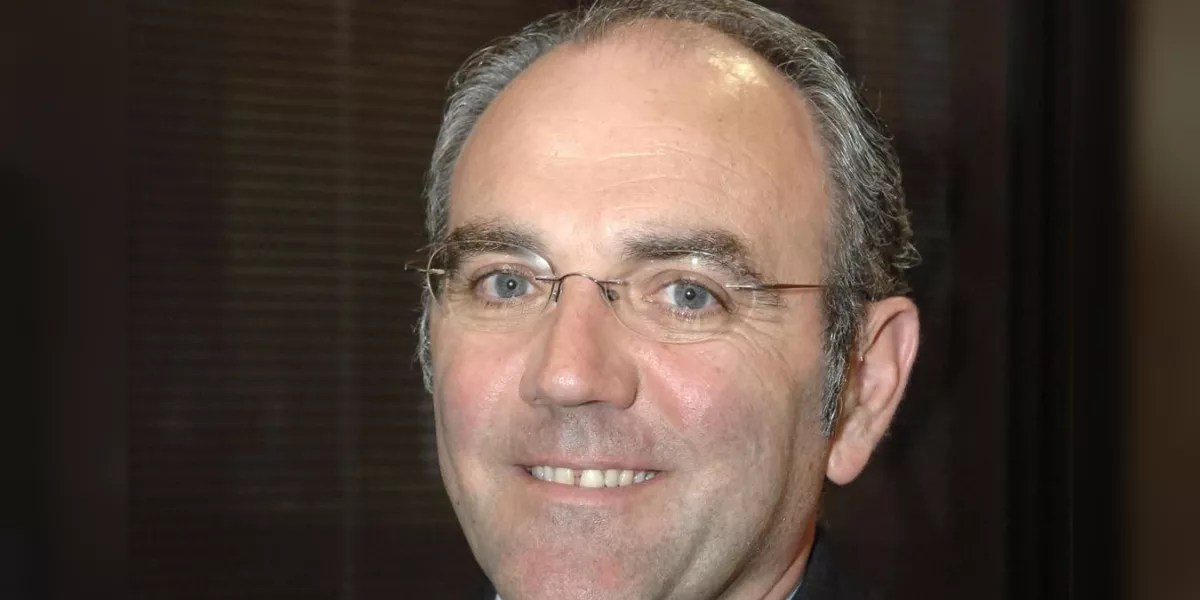The Canarian president estimates the annual cost of migrant minors at 75 million, the same as the RUP Fund in seven years
SANTA CRUZ DE TENERIFE, Nov. 9 (EUROPA PRESS) –
The President of the Government of the Canary Islands, Fernando Clavijo, warned this Thursday of the feeling of “devaluation” of the outermost periphery that exists in the European Union (EU) to the point that he fears a progressive loss of connectivity and competitiveness.
In an opening speech on the occasion of the XXVIII Conference of Presidents of the Outermost Regions, he gave as an example that in the ‘Objective 55’ legislative package, which includes issues as important for the ORs as the emissions trading system, both In air and maritime transport, certain exceptions and derogations have been achieved but they are “insufficient.”
He has said the same about the directive on direct taxation that sets a global minimum level of taxation of 15% for multinational business groups and large national groups in the Union, or the even more recent customs reform initiative of the European Union, with a singular impact on the system of customs controls and electronic commerce.
In this sense, he has indicated that they “miss” having an “impact evaluation” carried out on the ORs and the specific provisions approved under article 349 of the Functioning Treaty.
For this reason, it has requested that the Conclusions of the General Affairs Council that puts an end to the Spanish Presidency of the EU include a paragraph inviting the Commission to “systematically integrate” in its legislative proposals the effects they have on the ORs.
However, the Canary Islands president has recognized the value of the European Commission’s strategy for the ORs and has thanked the “impulse” that the Commissioner for Cohesion and Reforms, Elisa Ferreira, has given it, based on a partnership that “must be preserved and consolidated”.
Along these lines, he has expressed his desire that the new European Commission that emerges from the elections “maintain the same level of particular attention given to the outermost periphery in this period”, especially highlighting its “dedication and commitment.”
Clavijo has insisted that the outermost periphery “continues to be an incomplete dossier in European activity” that requires a “great effort of explanation and awareness” by the Commission, the Council and the European Parliament.
The president has also reflected on the impact that migration has on the ORs because they experience the phenomenon “firsthand”, especially the Canary Islands, Mayotte, Guyana and Saint Martin.
In the case of the archipelago, he said that the record for the arrival of African immigrants has already been broken, with more than 31,000, and in addition more than 4,700 minors are under guardianship, with an approximate annual cost of about 75 million, “which would represent, in seven years, as much or more than the entire RUP Fund assigned to the Canary Islands for the period 2021-2027”.
IMMIGRATION “IS NOT JUST ABOUT MONEY”
However, he pointed out that “it is not only a question of money” given that the arrival of new people to a territory has “obvious repercussions, including social coexistence and its complexity in the face of the multicultural dimension.”
Clavijo has insisted that the Canary Islands, along with Mayotte, Guyana and Saint Martin, suffer migratory pressure that they cannot face “without support” and in the specific case of the islands, “they feel alone, without adequate responses from the European Union, with insufficient attention from the State and weak solidarity from the rest of the Spanish regions”.
The president is aware that immigration is a “complex and multi-level problem” but understands that competence and coordination problems “cannot result in a lack of action, nor in a simple derivation of responsibility.”
In his opinion, faced with a “global and structural” problem that will continue over time while the GDP of African countries is barely 10% of European GDP, it is necessary to articulate “paths of legal and circular migration” and to apply a “shared responsibility” of the entire Union that goes beyond “voluntary solidarity”.
For this reason, it has demanded specific measures as has happened with Lampedusa and that include the specific and direct allocation of the AMIF to the regions that face the irregular migration phenomenon with “realistic indicators”; guarantee a “single and effective” protocol for the care of unaccompanied migrant minors or the activation of the Union Civil Protection Mechanism that provides greater means of help and rapid response in emergency situations.
















